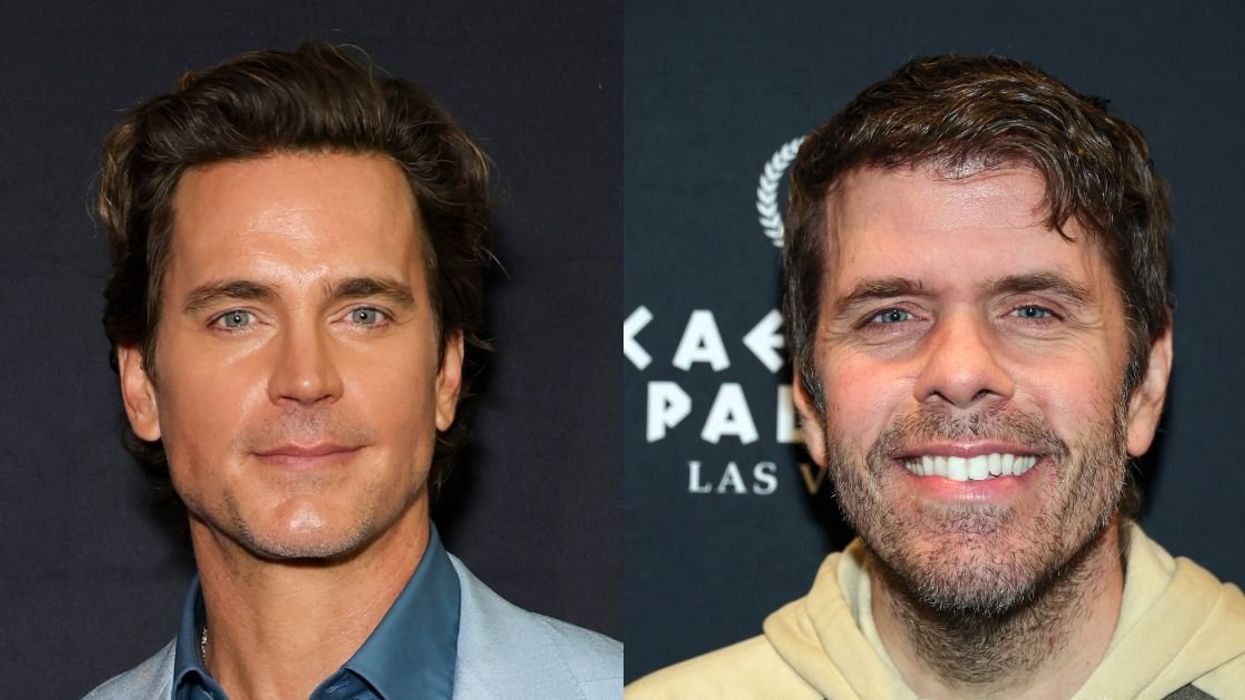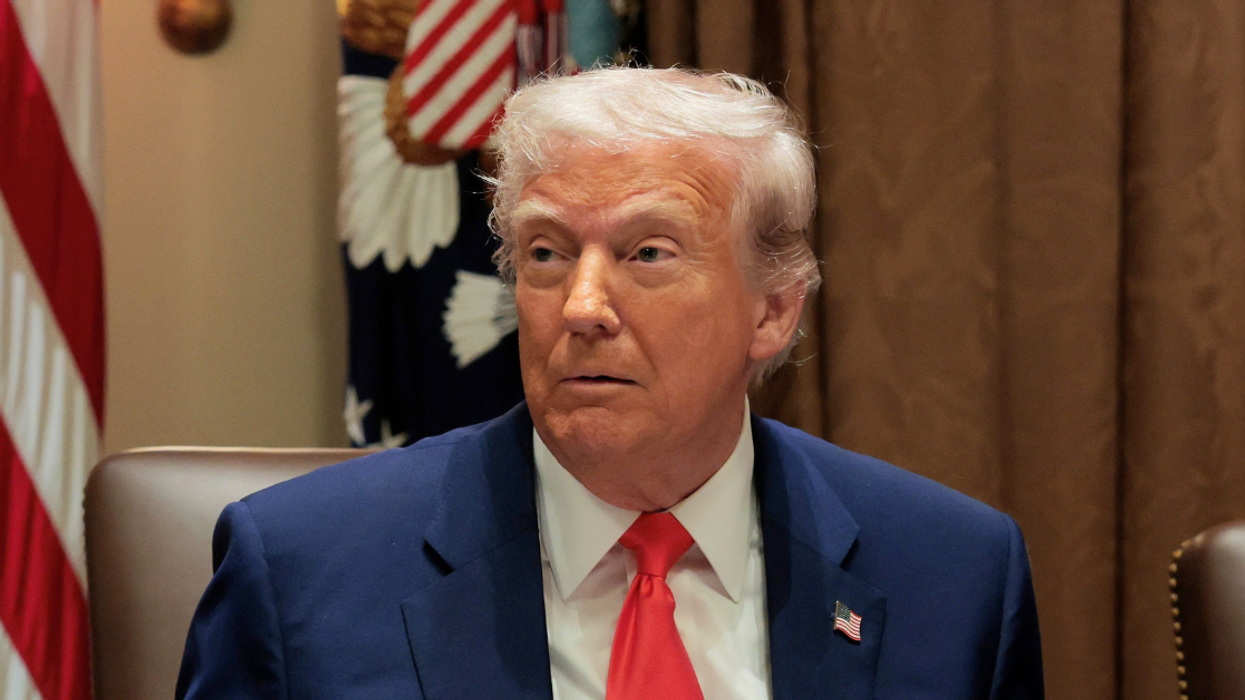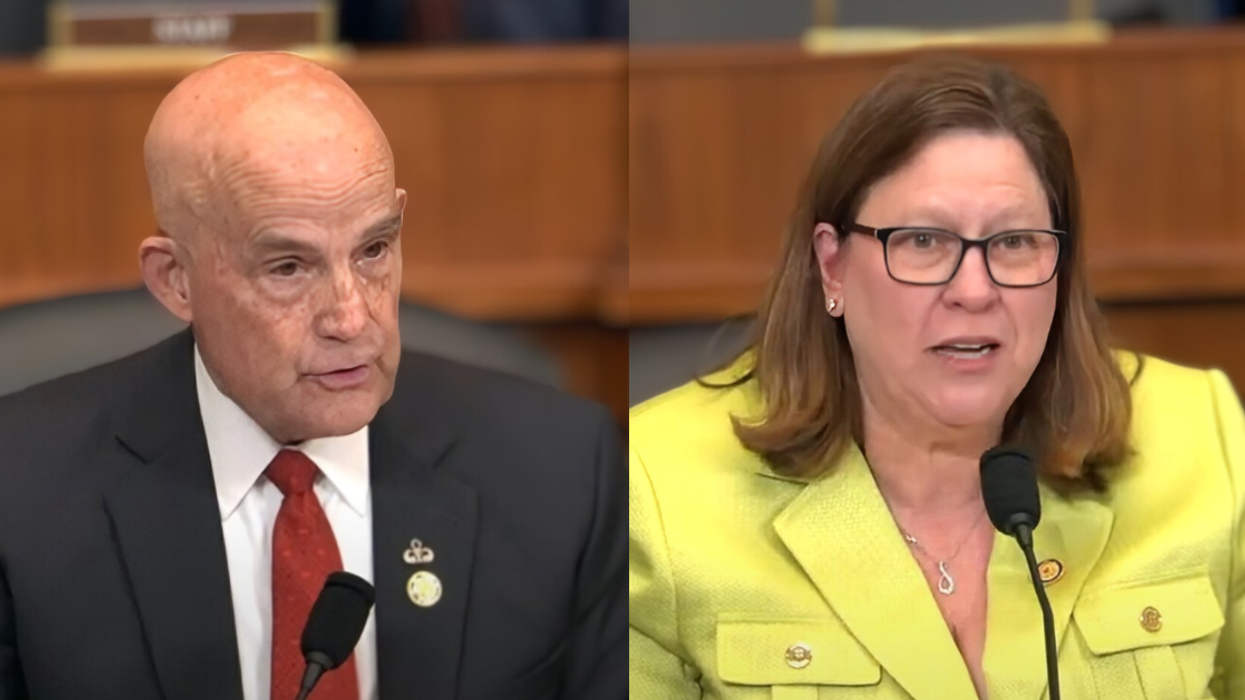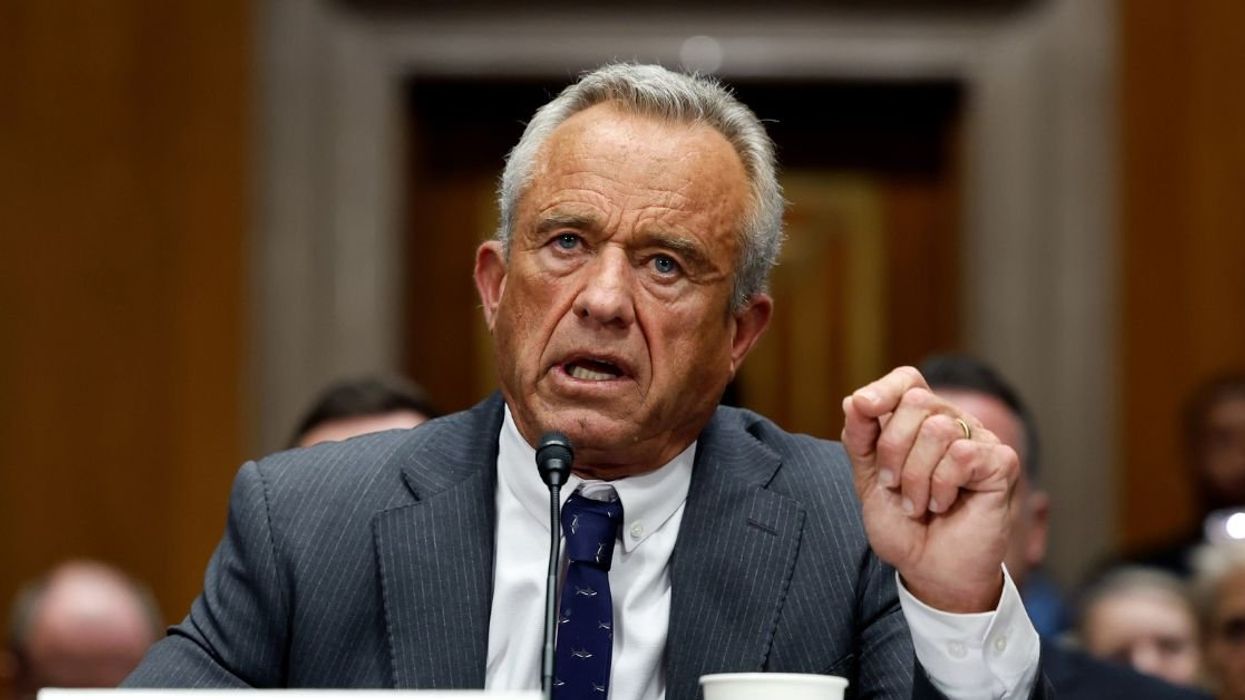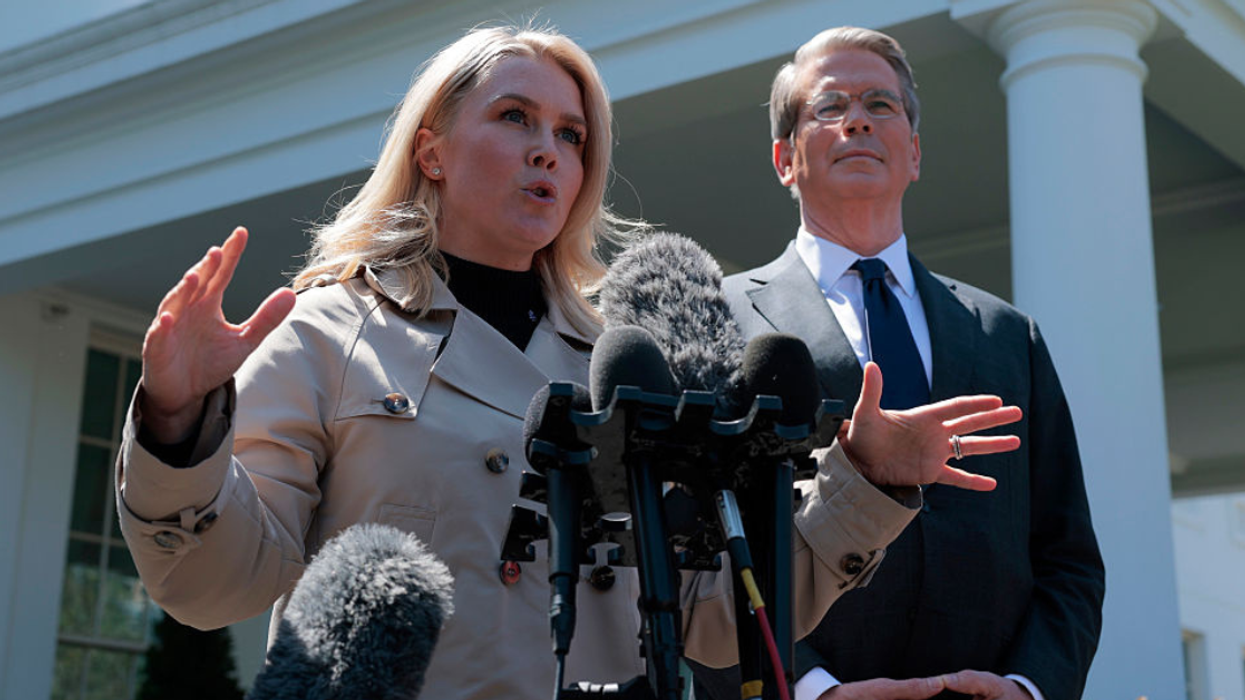First Lady Melania Trump is positioning herself as a leader in the fight against cyber-bullying and online harassment, having scheduled meetings with several of the world's largest social media and techology conglomerates.
The First Lady will meet next week with Amazon, Facebook, Google, Twitter, and Snap to discuss the ways cyber-bullying can be combated and, perhaps even, prevented. Several top aides from Microsoft and the Internet Association, a lobbying organization for Silicon Valley, as well as consumer groups, will also be attending the meeting, according to those close to the First Lady. Trump touted herself as a champion of Internet safety on her husband's campaign, and now she is hoping to deliver. Just days before the 2016 presidential election, Trump bemoaned the increasingly aggressive nature of online harassment, saying, "our culture has gotten too mean and too rough, especially to children and to teenagers."
A spokeswoman for Trump told the Washington Post that Trump "simply asked for a meeting to discuss one of the many things that impacts children," without going into any further detail. At last year's United Nations general assembly, Trump addressed the international body on this very topic, stating, "we must teach each child the values of empathy and communication."
Per the Washington Post:
"The meeting at the White House, slated for March 20, marks the first major policy push in the first lady's long-ago announced campaign to combat cyberbullying. At the gathering, Trump plans to ask policy executives from tech companies to detail how they've sought to address digital ills plaguing Web users, such as the rise of online trolls and the spread of malicious content, according to the people, who spoke on the condition of anonymity because they were not authorized to discuss her efforts on the record."
Trump will herself not be proposing or drafting any specific policies, however. Instead, the primary purpose of the meeting, sources close to Trump said, is to find ways to promote and teach methods of kindness on the Internet. Social media companies like Facebook and Twitter have been subject to increased scrutiny and criticism in recent months, particularly since the the campaign and election of President Donald Trump, where fake news and hate speech infected people's news feeds.
The rise of conspiracy theories and harassment have also been attributed to neglectful lack of oversight by social media companies. Though it has been confirmed that Russian trolls generated much of the widely-shared, albeit false and hateful content, in order to help propel Donald Trump to his electoral victory, many members of the public feel that social media companies should offer greater scrutiny of what types of content flow through their servers.
Following the high school shooting in Parkland, Florida, which left 17 people dead a month ago today, several conspiracy theories began circulating on Facebook, Twitter and YouTube—most of which attacked the survivors and many even going as far as sending death threats to students and their families. Similar as no less vile fatuous claims made their rounds following the 2012 shooting at Sandy Hook Elementary School in Newtown, Connecticut, in which 20 children and six teachers were gunned down in their classrooms.
While she probably has the best of intentions, the irony of the First Lady so assiduously pursuing online harassment is a bit ironic. Her husband, the President of the United States, is renowned for mendacious attacks on both politicians and private citizens alike. His medium of choice, of course, is Twitter.
The public can help end these abuses of information on the individual level, too. Social media users should report accounts that post harmful, hateful, or discriminatory content. While not always easy to spot, troll accounts generally don't have a picture of someone's face, and typically contain extreme rhetoric, much of which can easily be recognized as false with a simple Google search. Users can and should work with tech companies to improve their own and other users' experiences.
Her husband's tweets include "low class slob," "short and fat" and "perv sleazebag."
And although most people would likely agree that something needs to be done about the growing problem of targeted online harassment, many are left wondering if Trump is the right person for the job, considering she can't, or won't reign in her husband's own cyber-bullying.
Just "look across the dinner table" to fight cyber-bullying, one Twitter user wrote.
Some comments were pretty harsh, and included references to the President's growing scandal involving a hush money payment to an adult film star. Save for her dignity as a wife, Trump may want to consider confronting the President about his behavior, especially since her main concern is for the safety and well-being of children using the Internet.
Change starts at home, Mrs. Trump, but we hope you are successful.
Giphy







